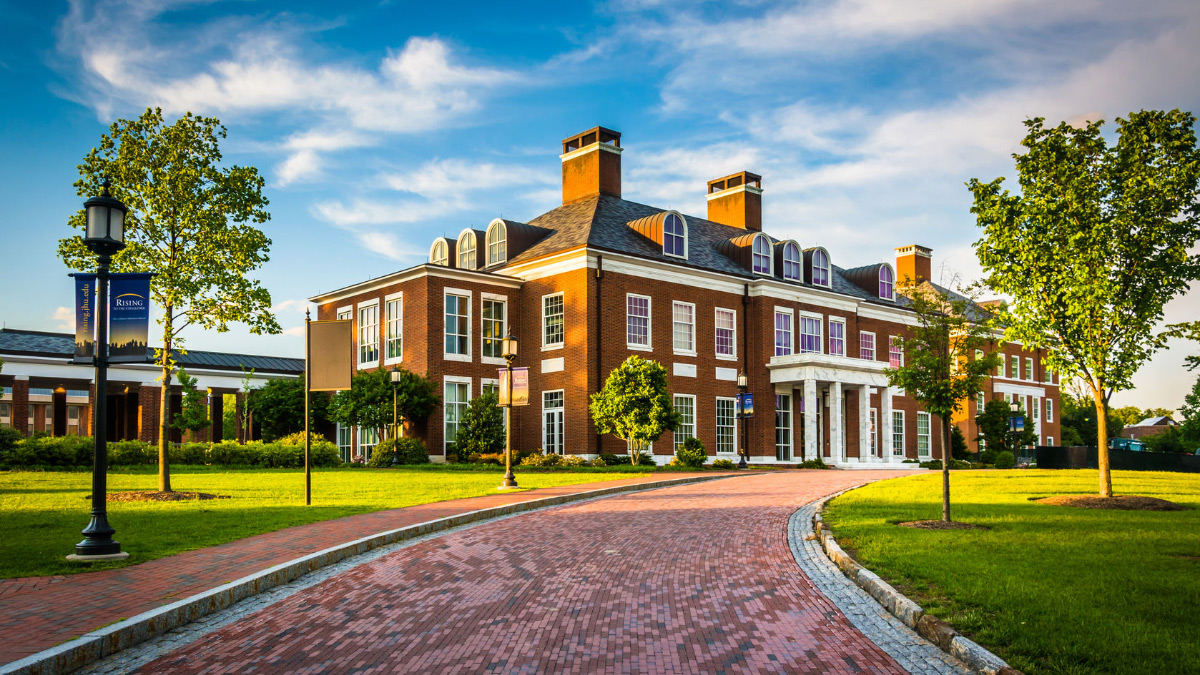While American higher education can be criticized on many grounds, still a majority of the greatest universities in the world are American, as least as assessed by compilers of global rankings. America’s superiority, however, is due exclusively to its research prowess. M.I.T. is perceived to be a great school not because of its effective teachers or its high level of community outreach, but rather because of the extraordinary amount of innovation and discovery done there advancing the frontiers of knowledge.
Still, there are significant deficiencies needing addressing. Let’s address four of them. First, much research is trivial and of little or no social worth. This is particularly evident in the social sciences and humanities. Mark Bauerlein, English professor at Emory, once calculated that over 20,000 scholarly papers had been written on Shakespeare over a period of roughly two decades, on average about one every eight hours. Is there that much new insight into Shakespeare undiscovered in the first 350 or so years after his death? Bauerlein has also noted that a large portion of papers published in literary journals are rarely if ever cited. Doesn’t diminishing returns set in with respect to research?
In the sciences and engineering, occasional big successes with new discoveries clearly make some academic research worthwhile. Inevitably, however, even there much research is not rewarding—there are dry holes to academic research as there are in oil prospecting, but that does not mean we should abandon the quest. But there is a question of proportion and resources: at some point large numbers of additional studies on a topic likely prove to be largely a waste of money because of the aforementioned Law of Diminishing Returns.
Second, the large rewards giving for academic research has led often to a ‘publish or perish” environment where some resources are misallocated. Wonderful teachers who are just average researchers often are incentivized to publish forgettable articles in obscure journals in order to get tenure, reducing the numbers of students inspired by their teaching. The veneration of research and corresponding neglect of teaching thus could contribute to deficits in student learning on many campuses. Statistics on faculty salaries show that they have risen much more in research-oriented institutions compared with schools emphasizing teaching.
Third, there are real problems with allocating research grants made by major federal agencies like the National Institutes of Health and the National Science Foundation. Typically, universities negotiate an indirect cost reimbursement (overhead) rate with the feds. Rates of 50, 60, or even 70 percent are common. With a 50 percent rate, a researcher might get $1 million for a grant, but an additional 50 percent ($500,000) will go to the sponsoring school. Harvard gets much more overhead than, say, Ohio University. Why? One observer suggested that Harvard has to maintain expensive marble floors, while Ohio University has mostly cheaper linoleum tile in its labs. Do we want to incentivize having fancy buildings, or more administrators—or more basic research? The system is incredibly bureaucratic and encourages schools to promote an elaborate “support’ apparatus for their research instead of the research itself. A simple uniform low national overhead rate would be less costly. The overhead money is so lucrative now (university protestations to the contrary) that many schools kickback some of the overhead funds to researchers to entice them to apply for still more grants. Still another approach would be to give schools with lower overhead requests extra points in assessing who should get grants in the first place—reward schools that minimize “overhead” expenses.
An even more fundamental fourth problem that relates to the integrity of some research. The National Association of Scholars and others have questioned the increasing number of published studies that seemingly cannot be replicated by others—the very heart of validity in experimental science. Ambitious scholars seeking fame may increasingly be cheating—reporting non-valid results in order to get fame—and probably more lucrative research grants.
Americans justifiably are proud of our global leadership in expanding the frontiers of knowledge in order to improve both the quantity and quality of human lives. But we should be mindful that our support of research has been accompanied by a good deal of waste, inefficiency and, arguably, fraud.













